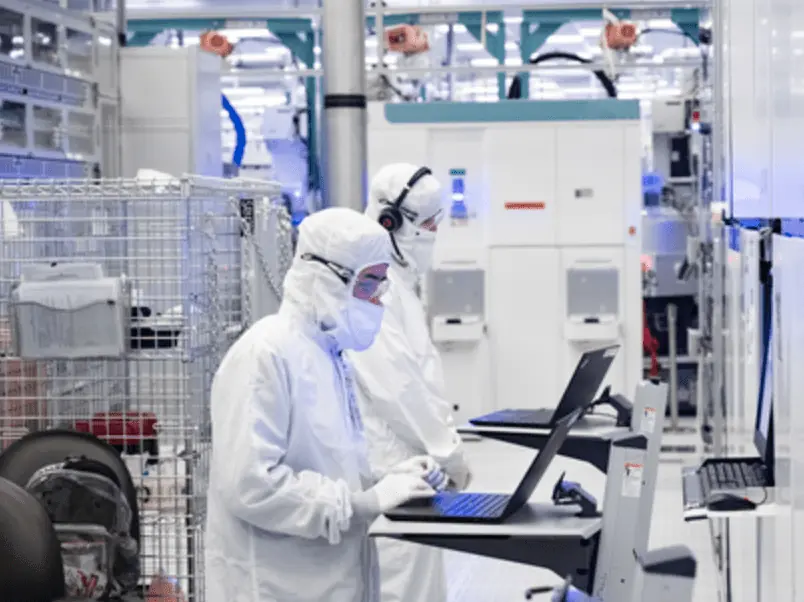By Junko Yoshida
What’s at stake:
Tesla is envy of its rivals. That makes a deposition by Tesla’s chief Autopilot software director required reading. His testimony highlights the company’s modus operandi that permits reckless beta roll outs of automation software, enabling the faulty assumption that infallible human drivers will be able to correct mistakes made by vehicles. Distancing themselves from Tesla isn’t enough. It’s time for every car manufacturer to step up and make safety a priority.
Investigations into business or political wrongdoing often lead reporters to top executives, about whom they poise the inevitable question: “What did he know, and when did he know it?”
But in the case of Tesla, there’s no reason to bother Elon Musk. The question is already asked and answered.
Read More »Tesla Deposition Exposes Disregard for Human Drivers 








